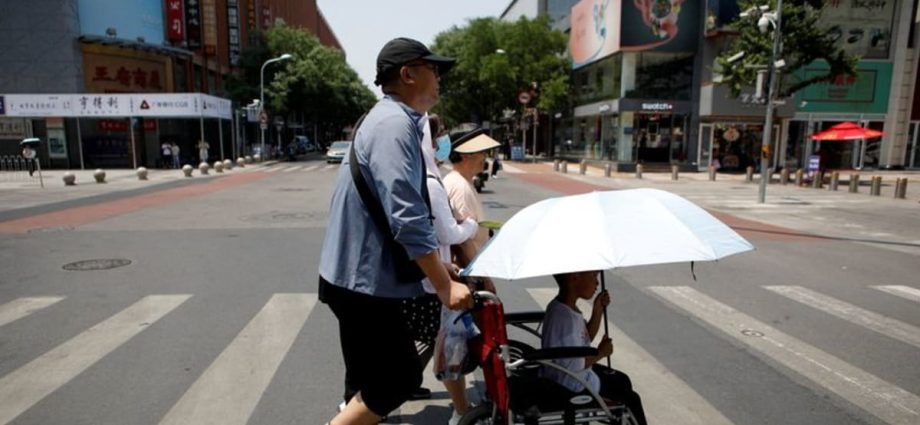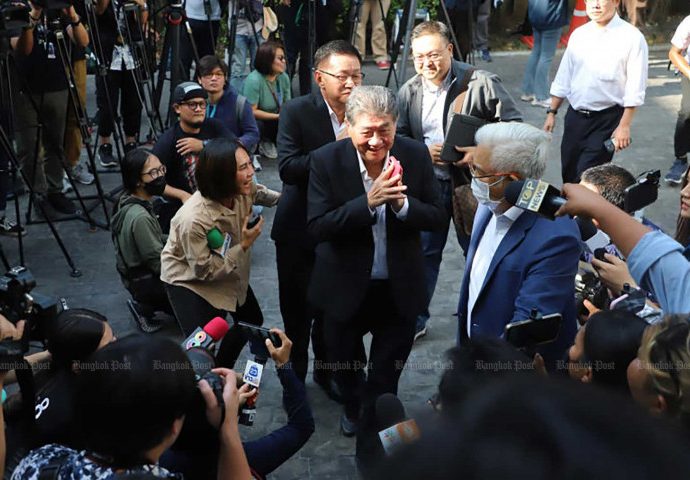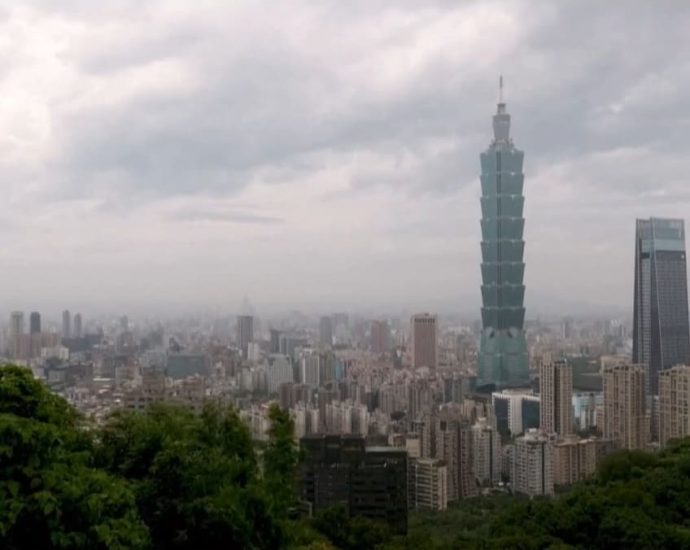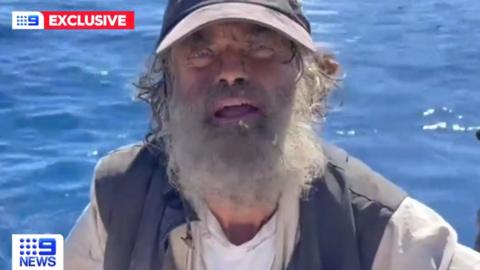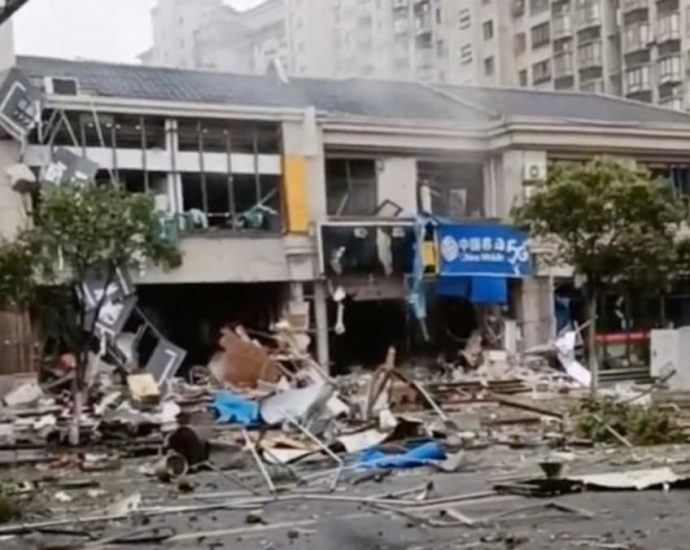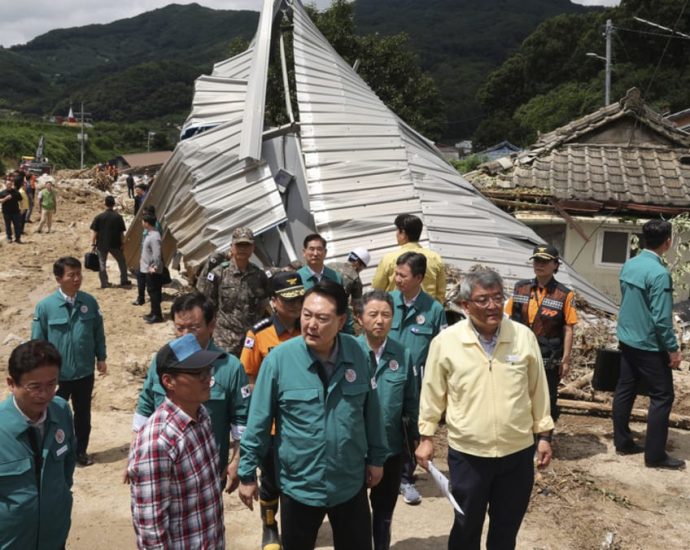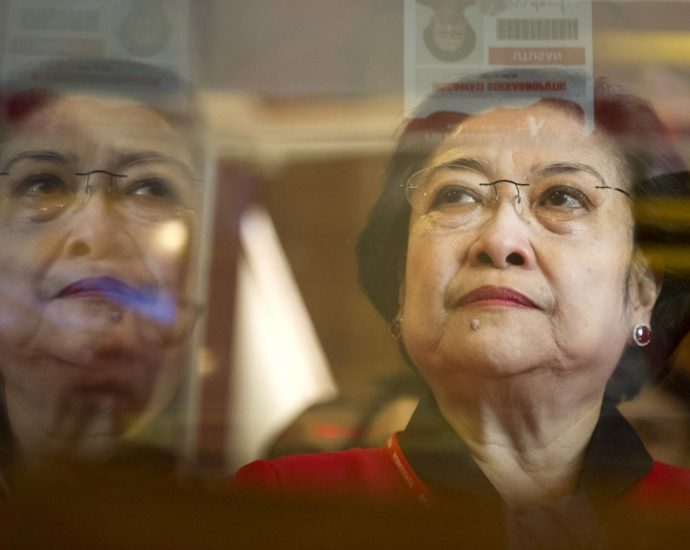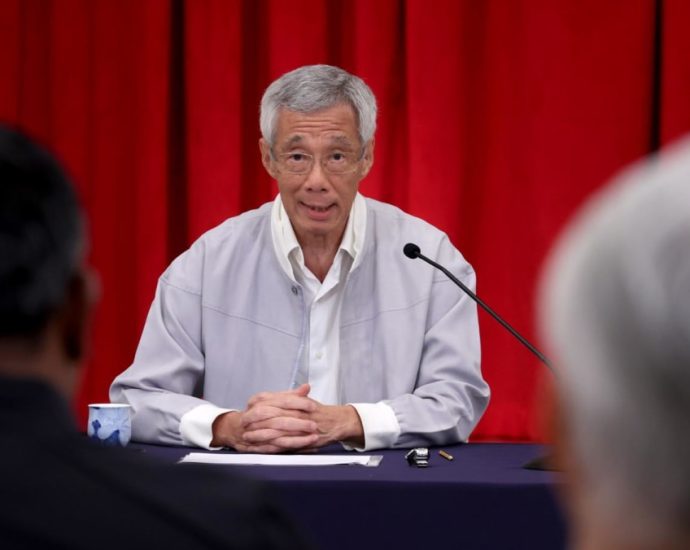China reports record temperature for mid-July at 52.2 degrees Celsius
BEIJING: China on Monday (Jul 17) said the mercury hit 52.2 degrees Celsius in the northwest of the country over the weekend, setting a record for mid-July. A weather station in the Xinjiang region’s Sanbao village “recorded a temperature peak of 52.2 degrees Celsius at 7pm on Jul 16, breakingContinue Reading
Impatient Pheu Thai warns Pita, eyes top job
PUBLISHED : 17 Jul 2023 at 17:10

Economic problems cannot wait for the Move Forward Party to keep nominating its leader Pita Limjaroenrat as prime minister while the Pheu Thai Party has three prime ministerial candidates ready for the job, Pheu Thai deputy leader Phumtham Wechayachai said on Monday.
Mr Phumtham said Mr Pita made his ascension to the prime ministership more difficult when he announced his intention to amend the constitution to remove the appointed senators’ right to participate in the vote for prime minister along with the elected members of the House of Representatives.
Of the 249 current senators, only 13 voted to support for Mr Pita for the premiership on July 13.
Mr Phumtham said that Mr Pita should not indefinitely continue the MFP’s campaign to have him elected prime minister and to revoke senators’ right to vote for a prime minister. If it fails twice to get him elected, that would allow Pheu Thai to take the lead in the formation of the new government.
The recent commitment by Mr Pita to amend Section 272 of the constitution on the rights of senators was intended as a direction to Pheu Thai to wait, Mr Phumtham said.
“The goal of the eight political parties is to speed up the formation of the new government,” Mr Phumtham said, referring to the eight party alliance that includes MFP and Pheu Thai.
Ending senators’ right to vote for the prime minister was not in the memorandum of understanding approved by the eight parties, the deputy Pheu Thai leader said.
He warned that if the eight allies cannot reach an agreement on the issue of the prime minister, other parties may form a minority government. Other parties had 188 votes and could win the support of the 249 senators, giving them a majority vote from both chambers, Mr Phumtham said.
“We still want to maintain the eight coalition alliance but there must be a clear answer rather than continuing the voting (for prime minister), without a way out for the country,” Mr Phumtham said.
“We cannot wait until next year because national problems are now very serious. Do not worry about Pheu Thai’s candidates. We have three candidates. When things are clear, we can make a nomination right away,” he said.
Pheu Thai’s candidates for the top job are Paetongtarn Shinawatra, Srettha Thavisin and Chaikasem Nitisiri.
Asked to comment on a senator’s promise to vote for a Pheu Thai candidate if MFP is excluded from the coalition, Mr Phumtham said that was another factor for consideration.
As #MeToo movement sweeps through Taiwan, more women come forward with sexual harassment complaints
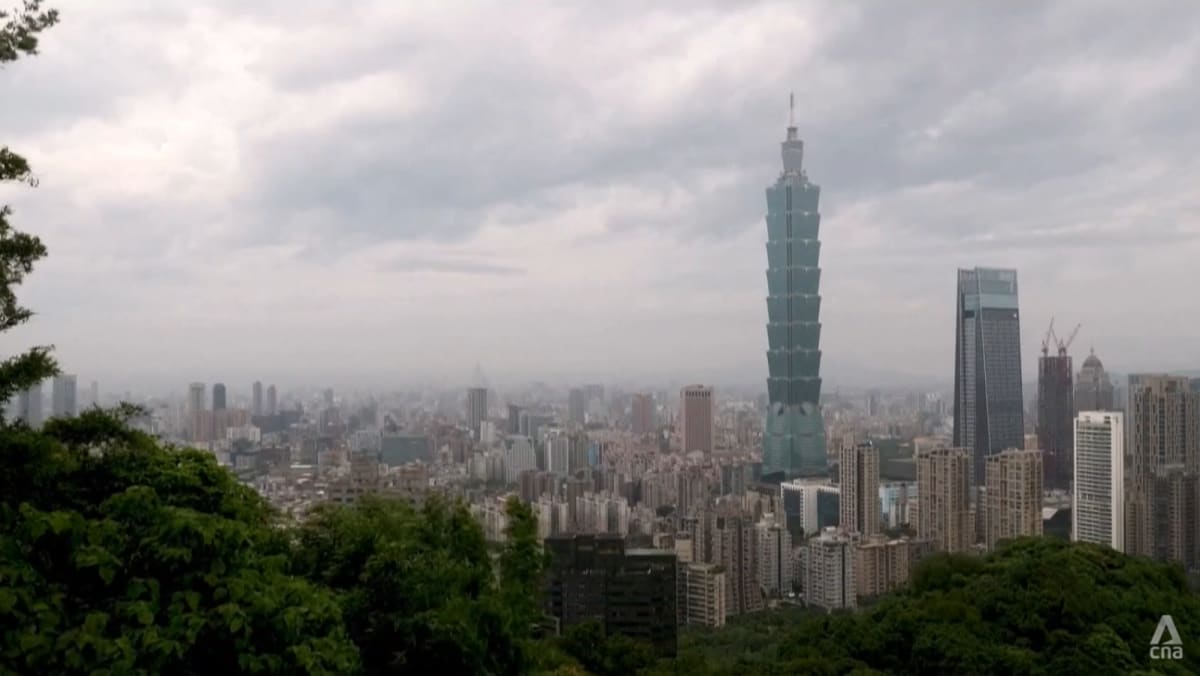
“Nobody was around and I wasn’t sure there was a surveillance camera. If I spoke out, nobody would believe me,” the 31-year-old told CNA.
Shocked, she ran away immediately, but decided not to file a complaint and kept silent, fearing it might cost her her job.
Ms Chang told CNA: “If nobody believed me, they might not want to hire me as an interpreter because they think I would only cause trouble.”
She has tried to avoid the man since the incident, such as not making any eye contact with him.
With the recent #MeToo movement sweeping across Taiwanese society, Ms Chang said attitudes have changed.
“If you speak up now, more people will believe you. So that encourages more victims to come forward and talk about their experience,” she said.
The movement started in Taiwan in May this year, after a female staffer from the ruling Democratic Progressive Party (DPP) disclosed on social media how her supervisor rebuffed her sexual harassment complaint.
Her post quickly went viral, forcing the supervisor to resign, and Taiwanese vice-president William Lai to make a public apology subsequently.
Sales of new private homes fell in June amid lack of major launches, say analysts

SINGAPORE: Sales of new private homes in Singapore fell in June, the first dip after five straight months of increases in 2023.
Excluding executive condominiums, developers sold 278 units in June, a 73.2 per cent drop from the 1,039 units sold in May, according to data released by the Urban Redevelopment Authority (URA) on Monday (Jul 17).
On a year-on-year basis, private home sales fell by 43 per cent from the 488 units sold in June 2022.
The number of units launched for sale also saw a significant decline, with the 31 units launched in June 98.1 per cent lower than the 1,595 units in May, and 92.2 per cent lower than the 397 units in June 2022.
Analysts said the decrease in private home sales was due to a lack of major project launches in June, with the 17-unit Lavender Residence being the only project launched that month.
“The substantial decline in sales volume can be attributed to a high base effect, where two major project launches (The Reserve Residences and The Continuum) drove May 2023 sales to a 12-month high,” said Lam Chern Woon, Edmund Tie’s head of research and consulting.
ERA Realty Network’s key executive officer Eugene Lim cited the June school holidays, with many Singaporeans away on vacation, for developers to avoid launching any new projects.
CBRE’s Southeast Asia head of research Tricia Song said June’s sales figure, which is the lowest since the 170 units sold in December 2022, reflect “cautious buying sentiment amidst weak economic conditions”.
She noted that the 3,463 new private homes sold in the first half of 2023 is 18 per cent lower compared to the 4,222 units sold in the first half of 2022.
Australia baffled as unidentified mystery object washes up on beach
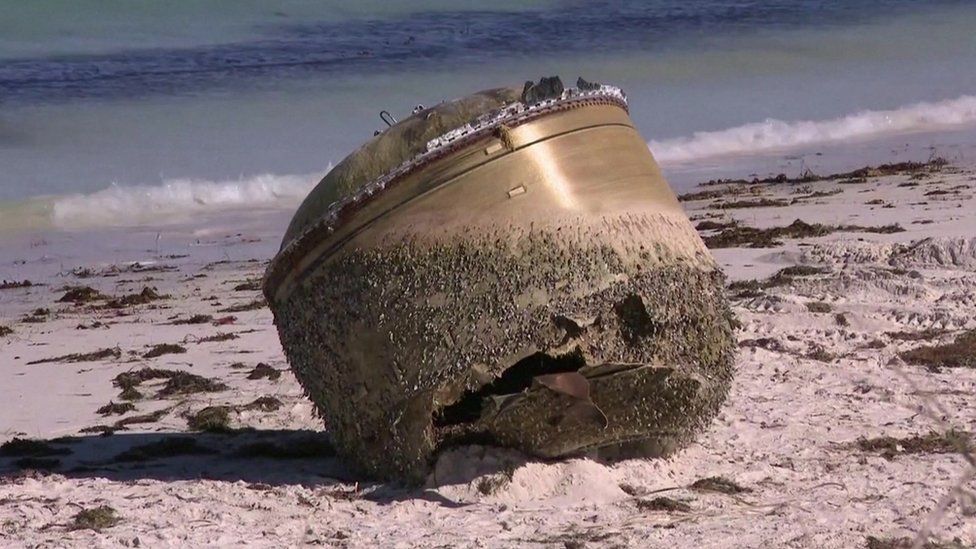 Reuters
ReutersPolice have been baffled by a mysterious “unidentified” dome that washed up on a West Australian beach.
The giant metal object was found by locals at Green Head beach, about 250km (155 miles) north of Perth.
State and federal authorities are investigating the item, which is not currently believed to be from a commercial aircraft.
It is being treated as hazardous, and police have requested people keep a safe distance.
“We want to reassure the community that we are actively engaged in a collaborative effort with various State and Federal agencies to determine the object’s origin and nature,” police said in a statement.
Green Head beach residents said the cylinder was about 2.5m wide and between 2.5m and 3m long, Australia’s public broadcaster reported.
Residents visited the site on Saturday night to see the cylinder, the ABC reported, with one local describing it as a “great social evening”.
“It was a lovely, still night, the kids were digging sand castles around it,” he told the ABC.
Aviation expert Geoffrey Thomas said the item was possibly a fuel tank from a rocket that had fallen into the Indian Ocean at some stage in the past 12 months.
The Australian space agency said it was possible the giant cylinder could have fallen from a “foreign space launch vehicle” and it would liaise with other international agencies.
While there was some speculation the cylinder may have been a part of MH370 – a plane that went missing off the west Australian coast in 2014 with 239 passengers on board – Mr Thomas said there was “no chance”.
“It’s not any part of a Boeing 777 and the fact is MH370 was lost nine and a half years ago so it would show a great deal more wear and tear on the debris,” he said.
-
-
9 hours ago

-
China cooking gas explosion kills one at barbecue restaurant
In June, a gas explosion at a barbecue restaurant killed 31 in northwestern Ningxia region, one of the deadliest blasts in recent years, prompting President Xi Jinping to order officials to address safety risks across the country. Two other restaurant explosions followed in less than a week, including one inContinue Reading
2023: The year of Singapore’s sprint queen Shanti Pereira so far

FLYING START TO 2023
Pereira rewrote her own 100m national record in her first race of the year at the New Zealand Track and Field Championships in Wellington in March.
She did it without having raced in a competitive meet since the 2022 Commonwealth Games in August.
Her time of 11.46s in her heat eclipsed her previous national mark by 0.02s.
Speaking to CNA at the time, Pereira described the achievement as a “very pleasant surprise”.
“I wanted to go out strong and just focus on the technical aspects of it.”
BREAKS NATIONAL RECORD THRICE IN THREE DAYS
At the Australia Open Track and Field Championships in Brisbane, Pereira broke her national records thrice in three days.
She first clocked a time of 11.38s to win her 100m heat on Mar 31 to eclipse her own national mark by 0.08s, then won the final a day later, going 0.01s even faster.
The next day, she set her third national record in as many days when she timed 22.89s in the women’s 200m heat.
In doing so, she smashed her own mark of 23.16s set at the Brisbane Track Classic about a week ago.
But she pulled out of the 200m final later, with her coach Luis Cunha explaining that this was to avoid overstretching her both physically and mentally.
“This has been mentally very tiring (for her) … Every time she ran in the past three weeks, it was equalling the national record or a national record. You have no idea how stressful this can be,” he told CNA at the time.
South Korea president vows ‘complete overhaul’ of approach to extreme weather
UNDERPASS DISASTER On Monday, the South Korean government and police launched separate enquiries into the fatal flooding of the underpass in Cheongju, some 112km south of Seoul. It flooded early Saturday when a nearby river overflowed and an embankment collapsed, leaving more than 10 vehicles, including a bus, trapped inside.Continue Reading
âPresident Prabowoâ starting to resonate in Indonesia
JAKARTA – President Prabowo Subianto? It has a ring to it these days and the sound is only getting louder as the defense minister and Great Indonesia Movement Party (Gerindra) chairman maintains his lead in the polls seven months out from next year’s February 14 presidential election.
For most analysts, that’s because rival Indonesian Democrat Party for Struggle (PDI-P) candidate Ganjar Pranowo is struggling to gain traction in the shadow of overbearing matriarch Megawati Sukarnoputri and a family legacy she is determined to protect and preserve.
Aides say it is Megawati who will decide the Central Java governor’s running mate while acknowledging Pranowo might be consulted. It is rumored she will also select his Cabinet. Certainly, she promises to be omnipresent in any Pranowo administration.
Many of Indonesia’s 192.8 million voters may already be asking themselves whether they will be getting Pranowo or Megawati, judging by the way he shelters behind the façade he has built around himself as a social media star.
So far, at least, he has failed to assert himself as a leader in his own right. Still bowing to authority figures and with little of substance to show for his decade-long governorship, he has only said he is committed to following in President Joko Widodo’s policy footsteps.
Shining isn’t encouraged in PDI-P with Megawati and her daughter, Parliament Speaker Puan Maharani, at the helm. One legislator who quit the party says she couldn’t do the job she was elected to do because she had to stay below the radar.
Prabowo, for his part, is sitting back and enjoying the ride, happy in his role as defense minister and seemingly comfortable in the knowledge that if the hugely popular Widodo is not openly supporting him, he is not opposing him either, despite being a nominal PDI-P member.
Several groups of volunteers who played a key role in Widodo’s two election victories are openly backing Prabowo. Among them is a group led by Gibran Rukabuming, 35, the president’s eldest son and the mayor of Solo in Central Java.

All this explains why the Golkar and National Mandate (PAN) parties are gravitating toward Gerindra and its coalition partner, the National Awakening Party (PKB), leaving PDI-P with only the tiny United Development Party (PPP) for company.
With PDI-P holding 128 seats in the House of Representatives, it doesn’t require a partner to clear the 20% threshold needed to nominate a presidential candidate. But that may be cold comfort.
A recent survey by Kompas, Indonesia’s leading newspaper, had Prabowo at 24.5%, ahead of Pranowo on 22.8% and opposition candidate Anies Baswedan adrift on 13.6% and struggling to make headway in what is firming as a three-horse race.
A subsequent survey by Indikator Politik, considered one of the country’s more reliable pollsters, also had Prabowo in the lead at 38%, with Pranowo on 34% and Baswedan on 19% – another indication of the minister’s staying power.
If Pranowo does lose to Prabowo, analysts foresee a rising tide of resistance to Megawati’s leadership from the ruling party’s younger cadre, giving Widodo a possible opening to a job that would extend his influence long after he steps down in October next year.
Megawati’s recent effort to mend fences with former president Susilo Bambang Yudhoyono and his Democrat Party – a surprise move she notably left to her underlings to manage – showed she is already looking beyond the first round of voting.
Supporters of Baswedan’s coalition, comprising the Democrats, the Justice and Prosperity Party (PKS) and the National Democrat Party (Nasdem), would likely become a factor in a second-round showdown between Prabowo and Pranowo.
It is generally accepted that the Islamic conservatives who support PKS and represent a consistent 12-13% of the Indonesian electorate – grouped mostly in heavily populated West Java – will never vote for PDI-P, sitting as it is on the opposite side of the political spectrum.
Historians looking back on this period will marvel at how the influence of Megawati’s father, founding president Sukarno – and five words in the preamble to the 1945 Constitution – may have been a turning point in the race.

That singular phrase, “all colonialism must be abolished,” served to justify Megawati’s opposition to Israel participating in last May’s FIFA Under-20 football tournament and the association’s subsequent action in canceling the event.
A former Dutch colony which won its independence following World War II, Indonesia’s foreign policy is dominated by one single, unsolvable issue – ending Israel’s occupation of Palestine. This is the first time it has been applied to sport, however.
“This is not an Islamic issue, it is a nationalist issue,” says one foreign policy expert, explaining why Indonesia’s Muslim majority did not join the move to exclude Israel. In fact, they have said very little.
Neither did Prabowo, adhering to his strategy of staying away from controversy. Even his one real lapse, a strangely conceived plan to end the Russia-Ukraine war on Moscow’s terms, did nothing to dent his popularity at home.
More than disappointing millions of football-mad Indonesians, Pranowo’s outspoken support for PDI-P’s stand – at Megawati’s clear behest – painted him as a timorous functionary who will unquestioningly do her bidding.
That stands in strong contrast to Widodo. He has consistently refused to accept a situation where, as a two-term president, he is expected to be subservient to a self-entitled party leader who has never won an election.
When Prabowo declared his candidacy last year, analysts thought his age – now 71 – and two previous losses to Widodo in 2014 and 2019 would be major drawbacks against a charismatic 54-year-old rival who represents a generational break with the past.
Instead, Prabowo has prospered, mostly due to PDI-P’s strategic miscalculations, which have dispelled all lingering talk of Prabowo signing on as Pranowo’s vice-presidential candidate in what would be an unbeatable ticket.
Indeed, the fact that Megawati was compelled to nominate Pranowo before she was ready, clearly to limit the fallout from the football fracas, reveals just how out of touch she is with public opinion.
It also shows where her priorities lie: maintaining her iron grip on PDI-P and keeping alive the name of her father, who died 53 years ago before two-thirds of Indonesia’s population was born.
While Prabowo acts cautiously, he has said enough to suggest he believes Indonesia needs another round of political reform after a decade of democratic neglect at the hands of the Jakarta elite.
In one interview he noted “the cost of doing politics is too expensive and is incentivizing corruption,” asserting that “our political system isn’t making Indonesia a great, advanced and prosperous country, but could ruin it.”
He went on to call for political parties, social organizations and religious leaders to join together to fix the system, using a similar body to that formed in the dying days of Japan’s wartime occupation to prepare Indonesia for independence.
Pranowo isn’t alone in promising to continue what Widodo has started, including his controversial US$33 billion plan to move the national capital from Jakarta to East Kalimantan, a project that has barely broken ground.

Prabowo’s brother, businessman Hashim Djojohadikusumo, recently pledged to follow “99.99%” of Widodo’s programs, the strongest commitment the Prabowo camp has made so far to secure the president’s endorsement.
On the surface at least, today’s Prabowo is a very different version from the bellicose general accused of human rights abuses during the reign of Suharto, his then father-in-law, and his alleged attempt to take power when Suharto resigned in 1998.
His weaknesses often shine through, however. Friends say he still allows his explosive temper to get the better of him in private and the off-the-cuff speech he made at the Shangri-La Dialogue underscores a penchant for doing his own thing.
Insiders say Prabowo did have a prepared speech he had worked on with a team of advisers, addressing the issues of Myanmar and the South China Sea, that had been cleared with the Foreign Ministry beforehand.
Instead, he scrapped it at the last minute and wrote his own 18-minute speech, widely seen as an effort to raise his domestic stature as an international statesman, rather than any serious proposal to end a conflict on the other side of the world.
Baswedan has also been calling for a political transformation, naming his team as the Coalition of Change. But that worries Indonesians still suspicious of the former education minister’s ties to the Sharia-based PKS, even if it has lately taken a more centrist stance.
Analysts point to a recent op-ed in Kompas that set out the opposition’s mission statement by rejecting “blind obedience” toward any national leader and advocating for a strengthening of democracy and policies promoting economic equality.
These goals are perceived to be implicit criticisms of Widodo, who critics complain has presided over years of democratic decline while pursuing a single-minded search for foreign investment and building infrastructure projects that arguably have done little to help the poor.
Certainly, it belies the fact that Widodo remains Indonesia’s most popular-ever president, winning an extraordinary 82% approval rating in the latest survey carried out by the Saiful Mujani Research and Consulting (SMRC) last April.
Clearly, many voters don’t agree with Baswedan’s assessment and are prepared to support Widodo until the last day of his eventful presidency. That alone puts a value on his endorsement which may be difficult to measure but simply can’t be ignored ahead of next year’s presidential poll.
Government to deal rigorously with cluster of ‘high-profile issues’, says PM Lee
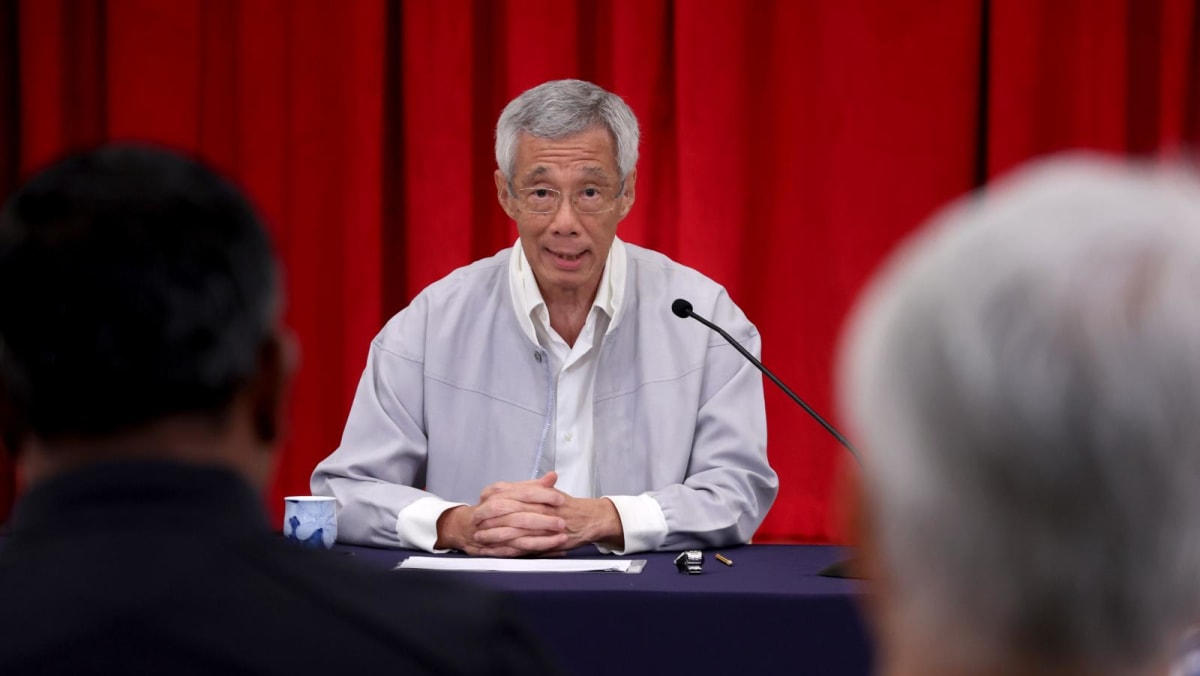
SINGAPORE: The People’s Action Party (PAP) will “put things right” and deal with the recent scandals surrounding its Members of Parliament rigorously and transparently, said Mr Lee Hsien Loong on Monday (Jul 17).
He was responding to a question from the media on public perception that there has been a “slip in PAP standards” due to some incidents involving PAP MPs over the past few months.
Mr Lee also said that he has no plans to call an early election.
At the press conference, which had been called to address the resignations of Speaker of Parliament Tan Chuan-Jin and Tampines MP Cheng Li Hui, Mr Lee said that Mr Tan and Ms Cheng had been in an “inappropriate relationship”. Mr Tan had also been embroiled in a controversy after he was caught making disparaging remarks about Workers’ Party MP Jamus Lim on a parliament hot mic.
In addition, it emerged last week that Transport Minister S Iswaran was involved in a Corrupt Practices Investigation Bureau (CPIB) investigation.
Before that, Home Affairs and Law Minister K Shanmugam and Foreign Affairs Vivian Balakrishnan had to explain in parliament the reasons for their rental of state properties in the exclusive Ridout Road area, and whether there had been any conflict of interest. In this instance, the CPIB and Senior Minister Teo Chee Hean cleared both ministers of any impropriety.
“I think from time to time, these things happen. When they happen, we have to make sure we deal with them and deal with them rigorously as well as transparently, and everybody can see that we are doing that,” said Mr Lee on Monday.
“No system can be completely infallible. You appoint people, sometimes things go wrong, you have to find out and you have to put it right.”
Mr Lee said that in the Ridout Road case, the ministers went through a rigorous and full CPIB investigation, as well as a separate probe by Mr Teo, with the results and the reports presented fully in parliament.
In Mr Iswaran’s case, the matter arose because CPIB came across the issue while doing another investigation, and the anti-graft agency had informed Mr Lee. A few months later, CPIB came back to Mr Lee to report that it wanted to open a formal investigation, and he told them to proceed.
“That is what they have done, and it will go through to its full conclusion,” said Mr Lee. “In the case of Tan Chuan-Jin and Cheng Li Hui, they did not live up to the standards which were expected. We tried to get them to mend their ways, it did not work, and they had to go.”

